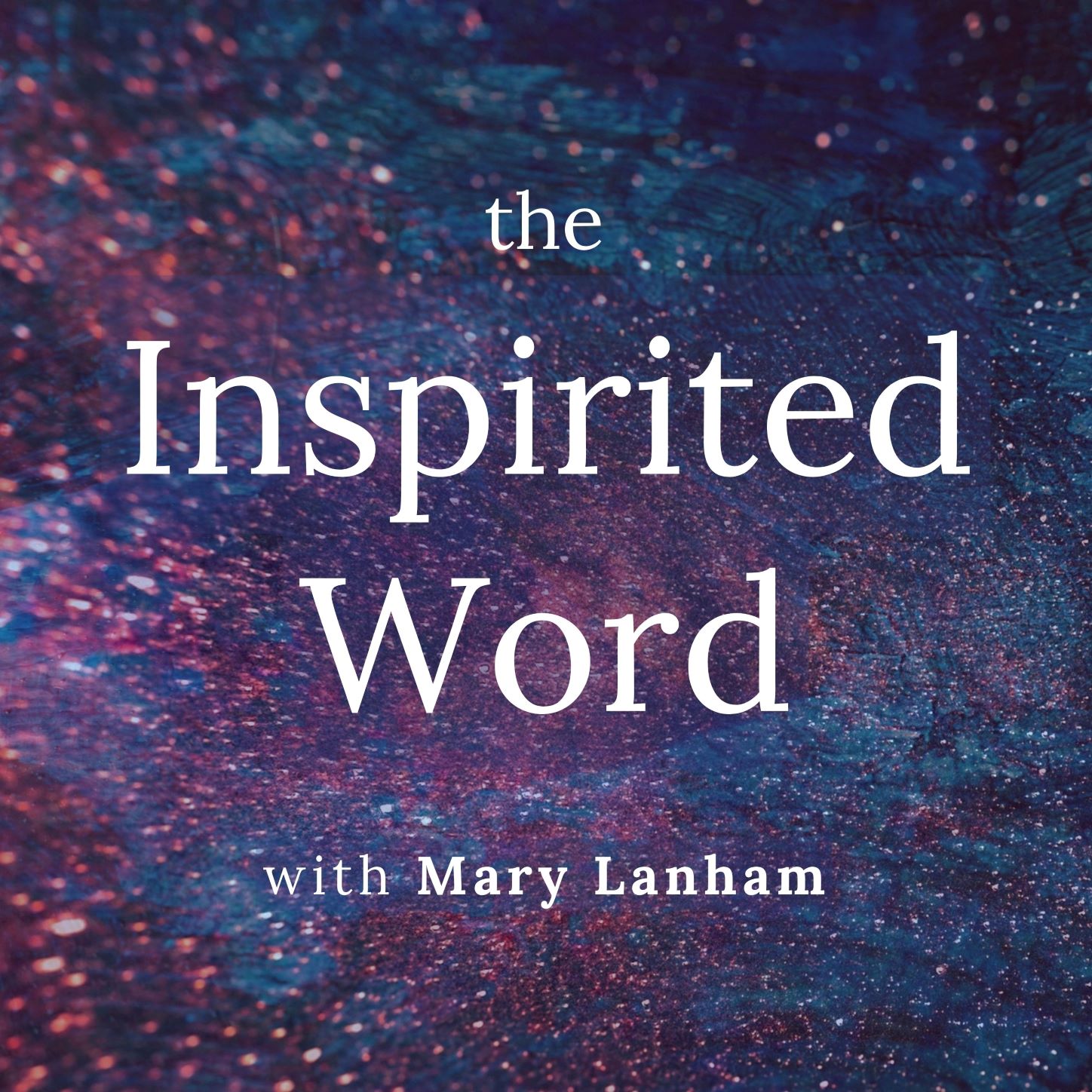How to stop giving in to your inner critic

We all have an inner critic, and there's nothing wrong with that. It's a manifestation of the same cautionary voice that tells us some basic truths like "Hey, you do know that if you go around doing a bunch of stupid shit, you might literally die, right??"
The inner critic has its place. But it's a uniquely terrible storyteller. You can't play and explore with somebody who thinks you're going to literally die if your first draft has too many adverbs in it.
Here's the good news: To write transformational work, you don't have to kill off your inner critic. You just need to stop writing in partnership with them.
What could you create by writing in partnership with your curiosity and compassion—with a version of yourself who's always willing and eager to see what comes next? (Even when the inner critic thinks there's danger out in the forest.)
Keep reading to discover a key to creating deep, lasting change in your relationship to your inner critic—plus two actionable steps to integrate that change into your writing practice.
The real problem with the inner critic
The issue with your inner critic isn't really what it's saying to you. Sure, that voice can be pretty mean. But your internal naysayer is really just discouraging you from going somewhere too vulnerable or unknown. It's the same voice that probably kept a bunch of your ancestors from being eaten by proverbial grizzly bears before they had time to become your ancestors.
The true problem starts when with the habits and behaviors we use to try to drown out the critic by soothing their sense of danger and vulnerability.
There's nothing inherently or universally wrong with self-soothing (much like there's nothing inherently wrong with having an inner critic).
But when we're struggling with our creative practices, when the creative life is causing us more anxiety than reward, often the easiest way to self-soothe is to back away from the kind of creative work we really want to be doing, rather than finding ways to engage deeper.
We'll spend our time on tasks that feel productive or restorative, but that don't get us any closer to our actual creative vision.
If you're spending hours polishing your opening pages into lyrical perfection when you haven't even figured out the storyline of your first draft—you might be engaging in a self-soothing practice.
It feels better to sit down and get sucked into furiously, "productively" copyediting stuff you already wrote than it does to sit down and stare at the existential crisis that is your next blank page.
Or maybe you engage in the flip side of that self-soothing coin—maybe you crank out reams of stream-of-conscious first draft pages and then never return to them, never doing that vulnerable work of retracing and evaluating your steps to discover the story underneath the word dump.
Maybe you engage in the ultimate maladaptive form of writerly self-care: You don't write. It's too scary, and you suck too much.
You'll write tomorrow, or next week, or next year after you've figured all your issues out and respawned into a less broken and incompetent version of yourself, somebody who can sit down and focus at will without entering a doom spiral.
No matter what your creative self-soothing looks like, it's important not to get stuck constantly alleviating the results of an inner critic who consistently tears you the hell up.
No amount of word count sprints or hours spent editing and polishing will really elevate your writing if you're not able or willing to unearth the most authentic, powerful version of the story. No amount of time away from the page will spontaneously shift your anxieties into opportunities for discovery.
If you want to actually make change in your creative life, to engage fully with the fundamentally powerful act of storytelling, you have to figure out what real compassion for your creative self looks like.
That's what will get you out from under the control of your inner critic—so you can shift your experience of writing on a long-lasting, fundamental level.
How to quit creative criticism and cultivate creative compassion
When it comes to ending your creative partnership with the inner critic, there's one sticky element that can easily trip you up: Simply deciding you don't want to listen to the critic doesn't make them go away.
It's the classic "don't think of a pink elephant" problem. The harder you try not to heed the inner critic, the louder that voice is likely to become.
To stop capitulating to the critic and start building more compassion into your writing practice, you need an approach that's about allowing new possibilities, not just giving yourself one more thing to fail at.
Read on for some actionable tips to set yourself up for creative compassion both before you show up to write, and during your writing session.
Step 1: Prevention
Your first bit of homework is to identify your personal brand of writerly self-soothing. When the inner critic gets too loud, what do you tend to do to avoid the stress of creating vulnerable work?
I mention some common self-soothing behaviors above: endless copyediting, aimless brain dumping, or simply not writing at all. Maybe you fall into one of those camps, or maybe your go-to avoidance tactic is different.
Look for whatever your instinct is when you begin a writing session and immediately start to struggle. What task do you usually want to pivot to instead of actually engaging with your story? (It may or may not be a writing task. That sudden urge to do laundry definitely counts.)
Once you've identified your self-soothing fallbacks, come up with something specific and concrete you can do before each writing session to help you resist them.
For example, I'm a major faux-productive copyeditor. Left to my own devices, I start each session by re-reading what I wrote last time—and when I'm in the grips of the inner critic, I'll spend my full writing time fiddling with hyphens and swapping adjectives (even though the story itself is nowhere near finished).
To nix that self-soothing habit, I'm experimenting with one simple trick (ha). I'm starting every writing session in a blank document, and then pasting the new wordcount into my draft when I'm done. I can't do any counter-productive polishing if there's nothing there to polish.
Whatever you decide on as your trick, keep it easy to implement. And if you can, make it something built in to the way you're writing. (On paper, so you'll write slower or so you can't delete things easily? Dictating a short audio memo and then typing it up, if you tend to dump words and never look at them again?)
Step 2: Redirection
Your next task is to brainstorm some compassionate ways to handle the inner critic when they're messing with you (or rather, hypervigilantly protecting you) during a writing session.
Focus on things you can do to acknowledge the inner critic without letting them derail your creativity. Think of this as sort of a necessary, momentary mini-soothing. Your goal is to accept the presence of the critic and their fears without actually letting those fears take over.
Going back to my example of self-flagellating revision, here's how I'm currently responding when the critic wants me to stop in the middle of a sentence and spend the next fifteen minutes finding the best, most-interesting-but-not-amateurishly-purple synonym.
Like the trick of writing in a new document, it's straightforward and tangible: I highlight the line in a different font color and then move the hell on. (I find that a very subtle highlight color works well—something I can genuinely see later to help me spot the wonky wording, but not so high contrast that the page turns into a splatter painting.)
This type of simple action can start building new habits of compassion right into your writing process—so you can keep doing the deeper work of discovering your most powerful stories.
